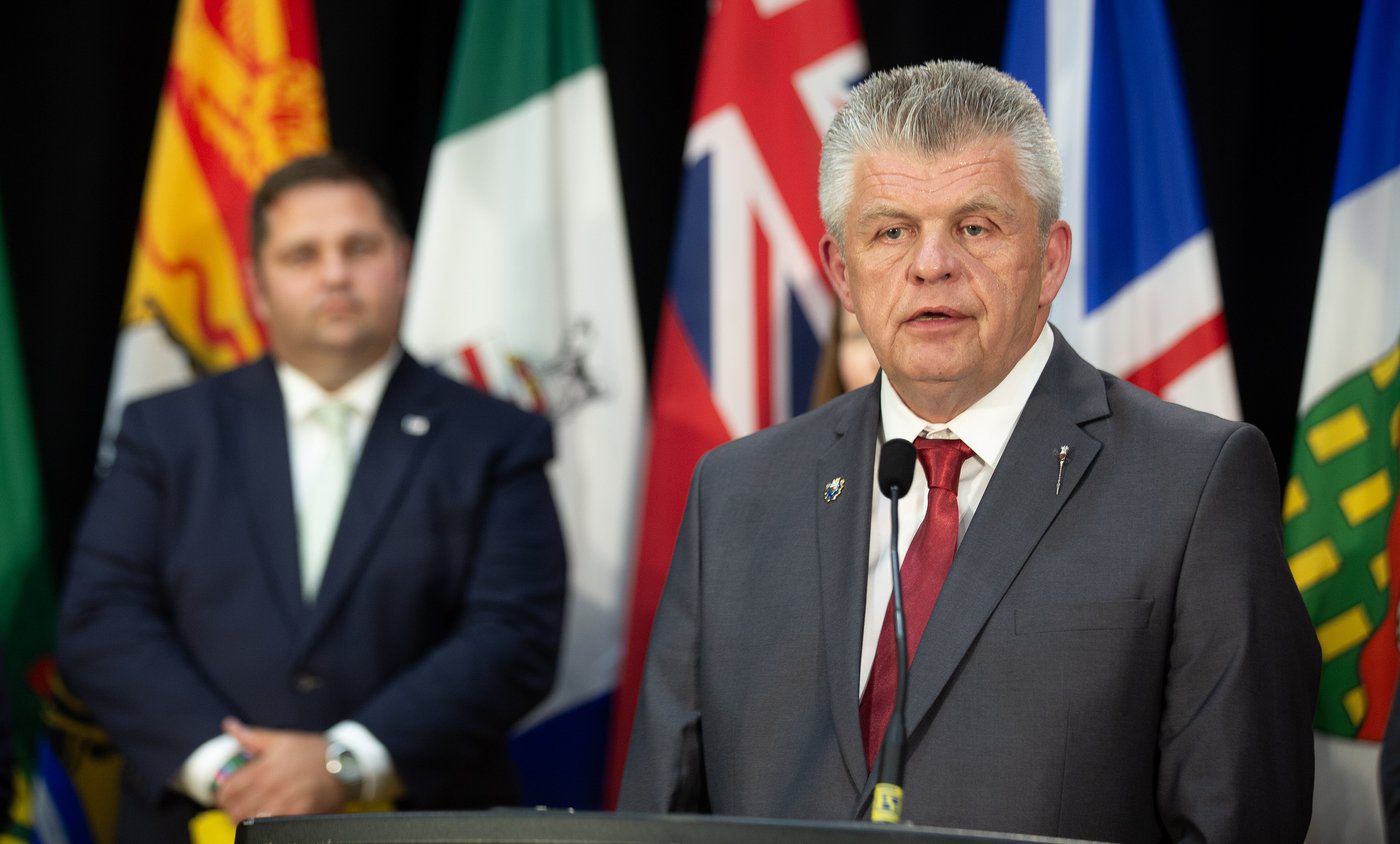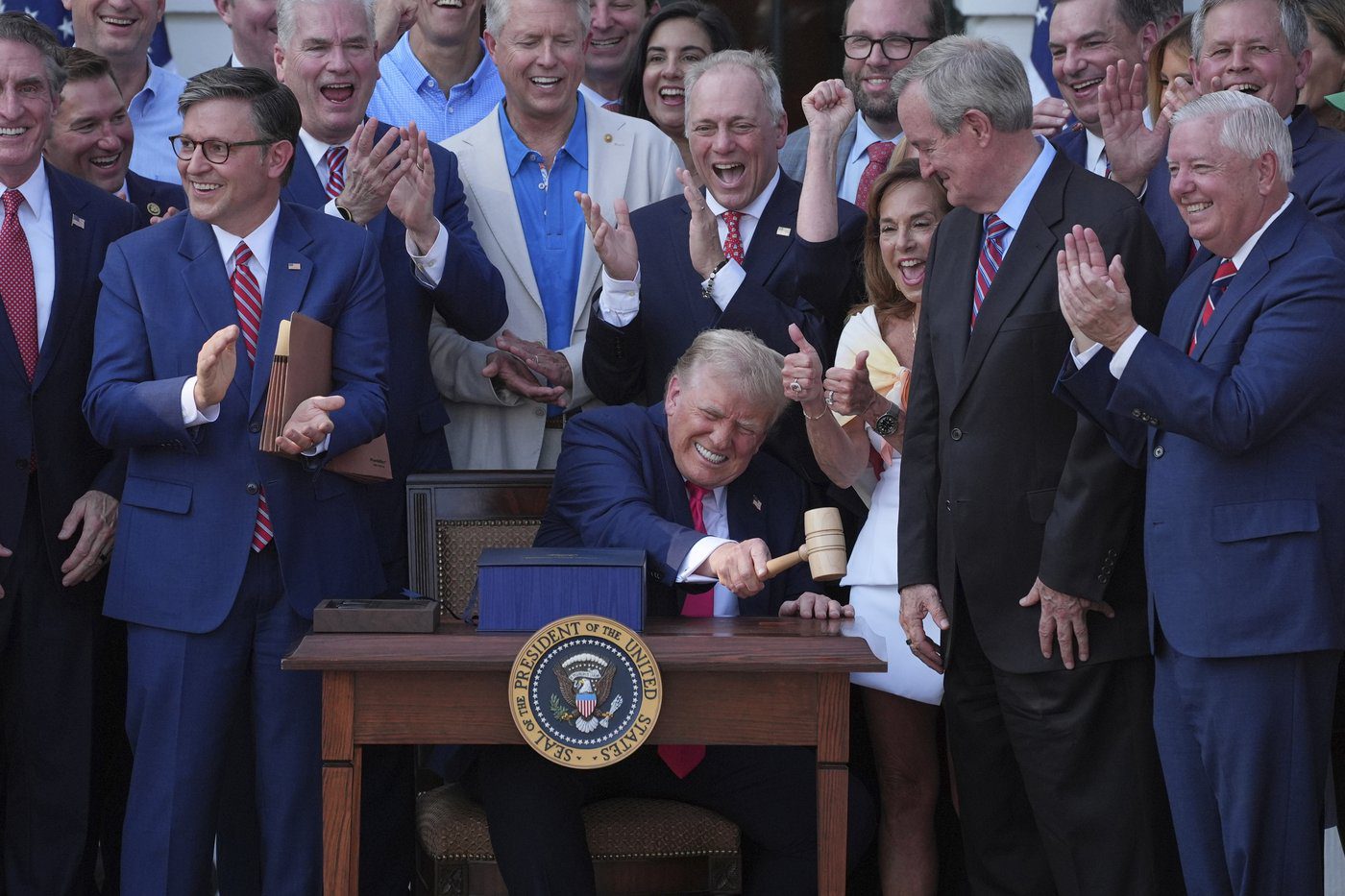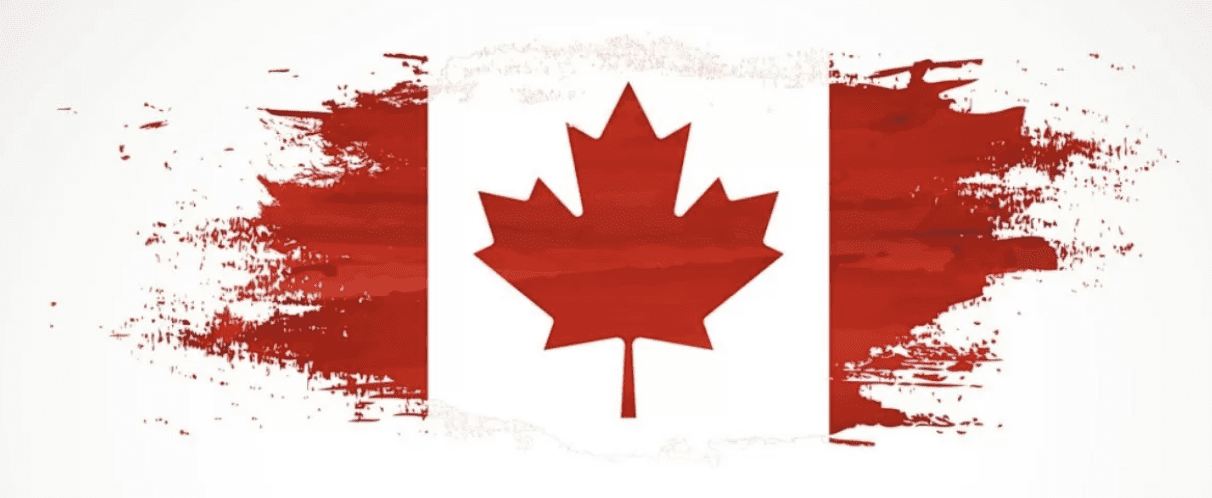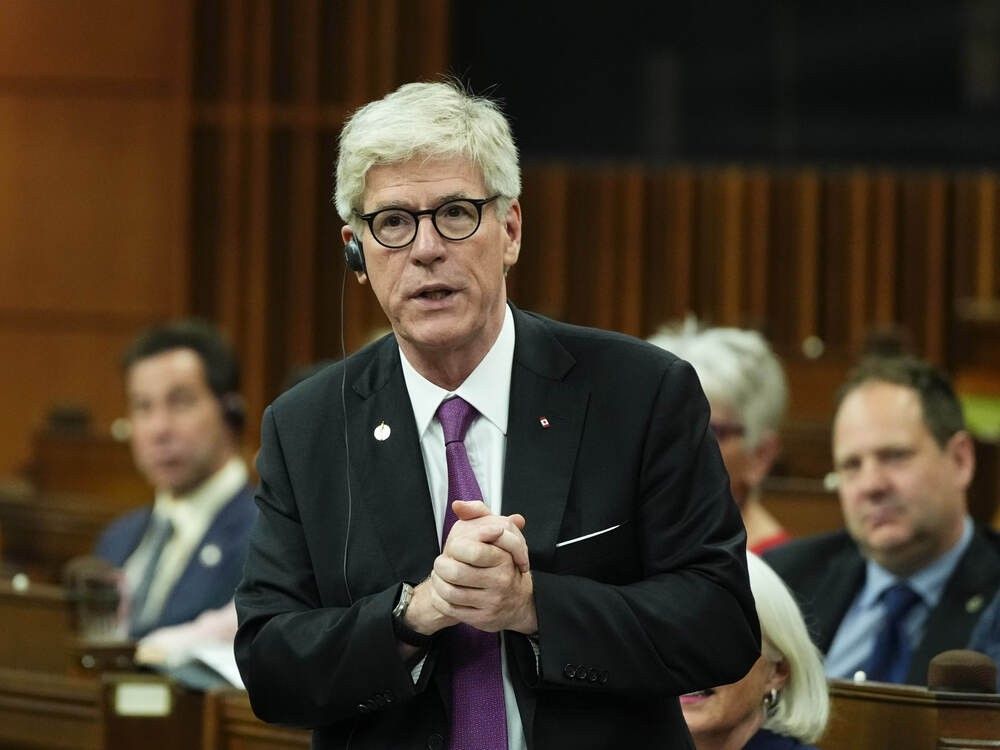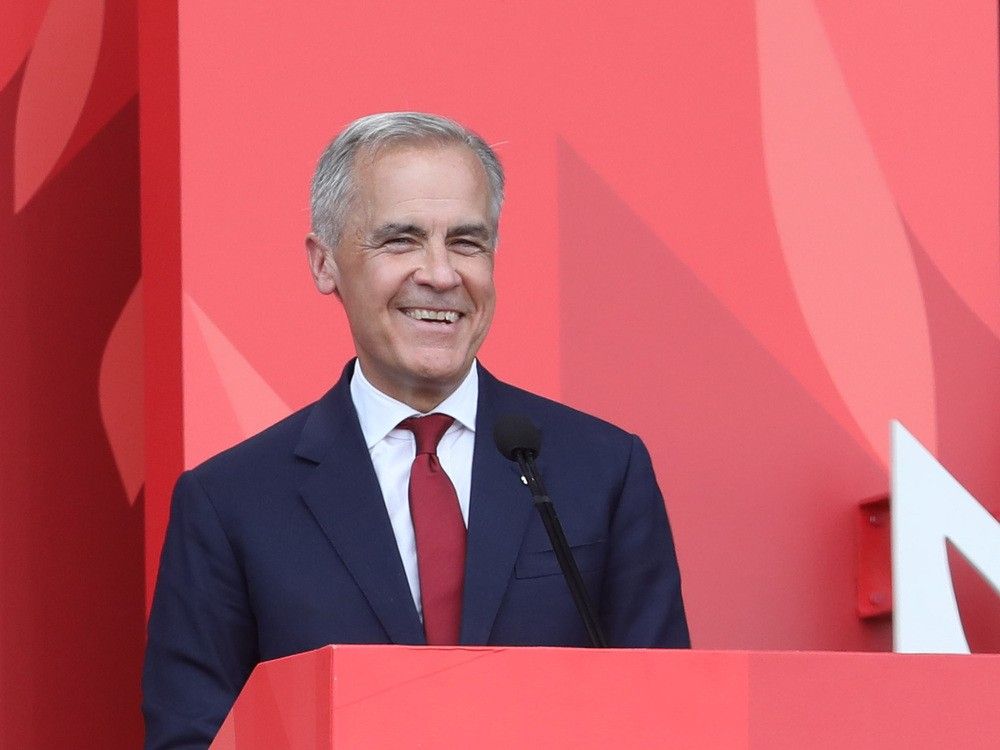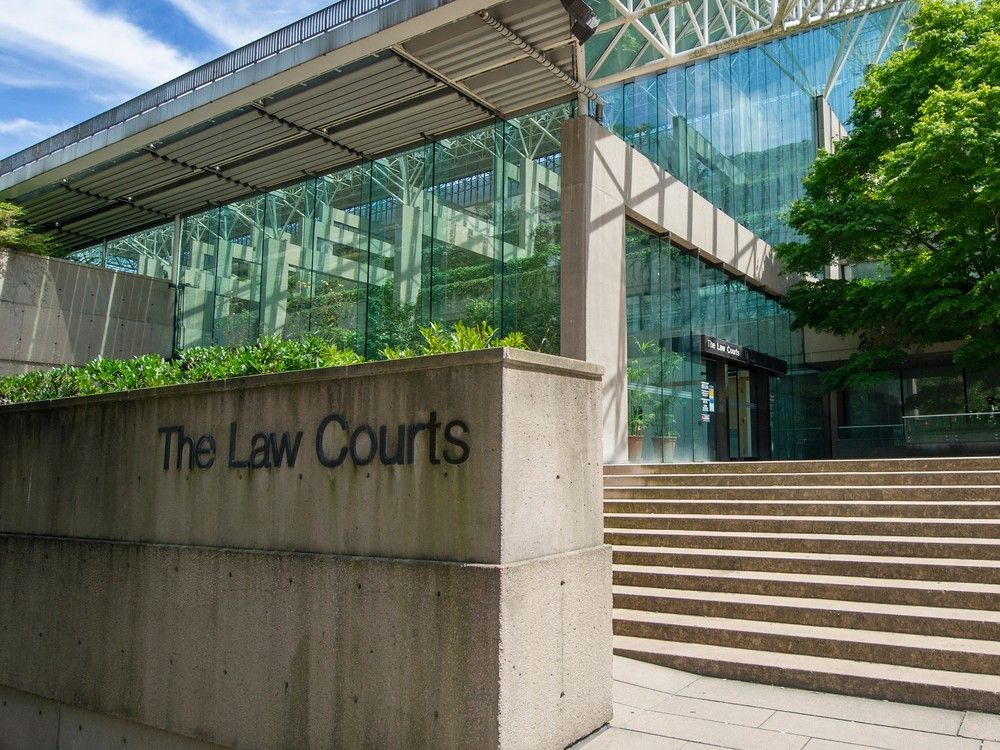WASHINGTON (AP) — President Donald Trump signed his package of tax breaks and spending cuts into law Friday in front of Fourth of July picnickers after his cajoling produced almost unanimous Republican support in Congress for the domestic priority that could cement his second-term legacy.
Flanked by Republican legislators and members of his Cabinet, Trump signed the multitrillion-dollar legislation at a desk on the White House driveway, then banged down a gavel gifted to him by House Speaker Mike Johnson that was used during the bill’s final passage Thursday.
Against odds that at times seemed improbable, Trump achieved his goal of celebrating a historic — and divisive — legislative victory in time for the nation’s birthday, which also was his self-imposed deadline for Congress to send the legislation to his desk. Fighter jets and stealth bombers streaked through the sky over the annual White House Fourth of July picnic.
“America’s winning, winning, winning like never before,” Trump said, noting last month’s bombing campaign against Iran’s nuclear program, which he said the flyover was meant to honor. “Promises made, promises kept, and we’ve kept them.”
The White House was hung with red, white and blue bunting for the Independence Day festivities. The U.S. Marine Band played patriotic marches — and, in a typical Trumpian touch, tunes by 1980s pop icons Chaka Khan and Huey Lewis. There were three separate flyovers.
Trump spoke for a relatively brief 22 minutes before signing the bill, but was clearly energized as the legislation’s passage topped a recent winning streak for his administration. That included the Iran campaign and a series of U.S. Supreme Court rulingshe’s fought for.
Vice President JD Vance was traveling in the Dakotas with his family and missed the ceremony. A line on the bill where he would have signed because of his role as president of the Senate was crossed out and Sen. Tom Cotton, R-Ark., added his name instead, photographs show. Cotton has the responsibility of stepping in when the vice president isn’t available for his Senate duties.
The budget legislation is the president’s highest-profile win yet. It includes key campaign pledges like no tax on tips or Social Security income. Trump, who spent an unusual amount of time thanking individual Republican lawmakers who shepherded the measure through Congress, contended “our country is going to be a rocket ship, economically,” because of the legislation.
Big cuts to Medicaid and food stamps
Critics assailed the package as a giveaway to the rich that will rob millions more lower-income people of their health insurance, food assistance and financial stability.
“Today, Donald Trump signed into law the worst job-killing bill in American history. It will rip health care from 17 million workers to pay for massive tax giveaways to the wealthy and big corporations, amounting to the country’s largest money grab from the working class to the ultra-rich,” AFL-CIO President Liz Shuler said in a statement. “Every member of Congress who voted for this devastating bill picked the pockets of working people to hand billionaires a $5 trillion gift.”
The legislation extends Trump’s 2017 multitrillion-dollar tax cuts and cuts Medicaid and food stamps by $1.2 trillion. It provides for a massive increase in immigration enforcement. Congress’ nonpartisan scorekeeper projects that nearly 12 million more people will lose health insurance under the law.
The legislation passed the House on a largely party-line vote Thursday, culminating a monthslong push by the GOP to cram most of its legislative priorities into a single budget bill that could be enacted without Senate Democrats being able to block it indefinitely by filibustering.
It passed by a single vote in the Senate, where North Carolina Republican Thom Tillis announced he would not run for reelection after incurring Trump’s wrath in opposing it. Vance had to cast the tie-breaking vote.
In the House, where two Republicans voted against it, one, conservative maverick Tom Massie of Kentucky, has also become a target of Trump’s well-funded political operation.
The legislation amounts to a repudiation of the agendas of the past two Democratic presidents, Barack Obama and Joe Biden, in rolling back Obama’s Medicaid expansion under his signature health law and Biden’s tax credits for renewable energy.
The Congressional Budget Office estimates the package will add $3.3 trillion to the deficit over the decade and 11.8 million more people will go without health coverage.
Democrats vow to make bill a midterm issue
Democratic National Committee Chair Ken Martin on Friday called the bill “devastating” and said in a statement that Trump’s signature on the legislation “sealed the fate of the Republican Party, cementing them as the party for billionaires and special interests — not working families.”
He predicted Republicans would lose their majority in Congress over it. “This was a full betrayal of the American people,” Martin said.
Trump exulted in his political victory Thursday night in Iowa, where he attended a kickoff of events celebrating the country’s 250th birthday next year.
“I want to thank Republican congressmen and women, because what they did is incredible,” he said. The president complained that Democrats voted against the bill because “they hate Trump — but I hate them, too.”
The package is certain to be a flashpoint in next year’s midterm elections, and Democrats are making ambitious plans for rallies, voter registration drives, attack ads, bus tours and even a multiday vigil, all intended to highlight the most controversial elements.
Upon his return to Washington early Friday, Trump described the package as “very popular,” though polling suggests that public opinion is mixed at best.
For example, a Washington Post/Ipsos poll found that majorities of U.S. adults support increasing the annual child tax credit and eliminating taxes on earnings from tips, and about half support work requirements for some adults who receive Medicaid.
But the poll found majorities oppose reducing federal funding for food assistance to low-income families and spending about $45 billion to build and maintain migrant detention centers. About 60% said it was “unacceptable” that the bill is expected to increase the $36 trillion U.S. debt by more than $3 trillion over the next decade.
Darlene Superville And Nicholas Riccardi, The Associated Press




